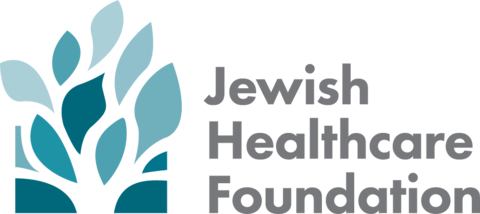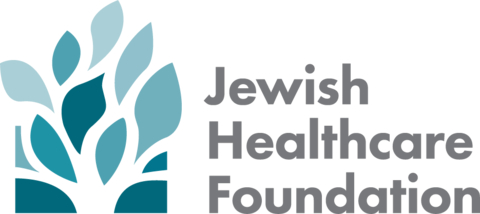The Jewish Healthcare Foundation (JHF) has released a new report titled ‘Self-Directed Patient Safety: Mapping the Emerging Landscape of Consumer-Facing Innovation.’ The report highlights the potential for individuals and families to use emerging technologies and digital tools to play a more active role in protecting their health.
Key Findings
The report identifies self-directed patient safety as a promising strategy for improving outcomes while reducing healthcare costs. It focuses on five key areas where preventable harm often occurs: medication errors, patient care errors, diagnostic errors, infection errors, and surgical errors. The report showcases timely innovations across these domains and outlines the market forces, regulatory barriers, and investment trends shaping the future of self-directed safety.
Growing Innovation in Consumer Health Tech
The report notes growing innovation and venture capital activity in consumer health tech, particularly in AI-driven health IT and digital platforms. Notable solutions are being developed to support high-risk groups such as aging adults, new parents, individuals with chronic diseases, and rare disease patients. Despite significant regulatory and economic challenges slowing the adoption of direct-to-consumer safety tools, regions like Pittsburgh, which combine world-class healthcare with technology innovation, present opportunities for leadership.
Expert Insights
“This is a generational opportunity to rethink how we approach patient safety,” said Karen Wolk Feinstein, PhD, President and CEO of the Jewish Healthcare Foundation and Pittsburgh Regional Health Initiative. “By putting modern tools directly in patients’ hands—like AI-powered symptom checkers, smart medication dispensers, and remote monitoring devices—we can shift from a reactive system to one focused on prevention, engagement, and shared responsibility.”
Aligning with Healthcare Priorities
The report’s release supports JHF’s broader mission to advance patient safety and innovation in healthcare. It aligns closely with recent priorities from the CMS Innovation Center, including empowering people to achieve health goals, encouraging evidence-based prevention, and leveraging technology to improve care delivery. The full report is available at jhf.org.



